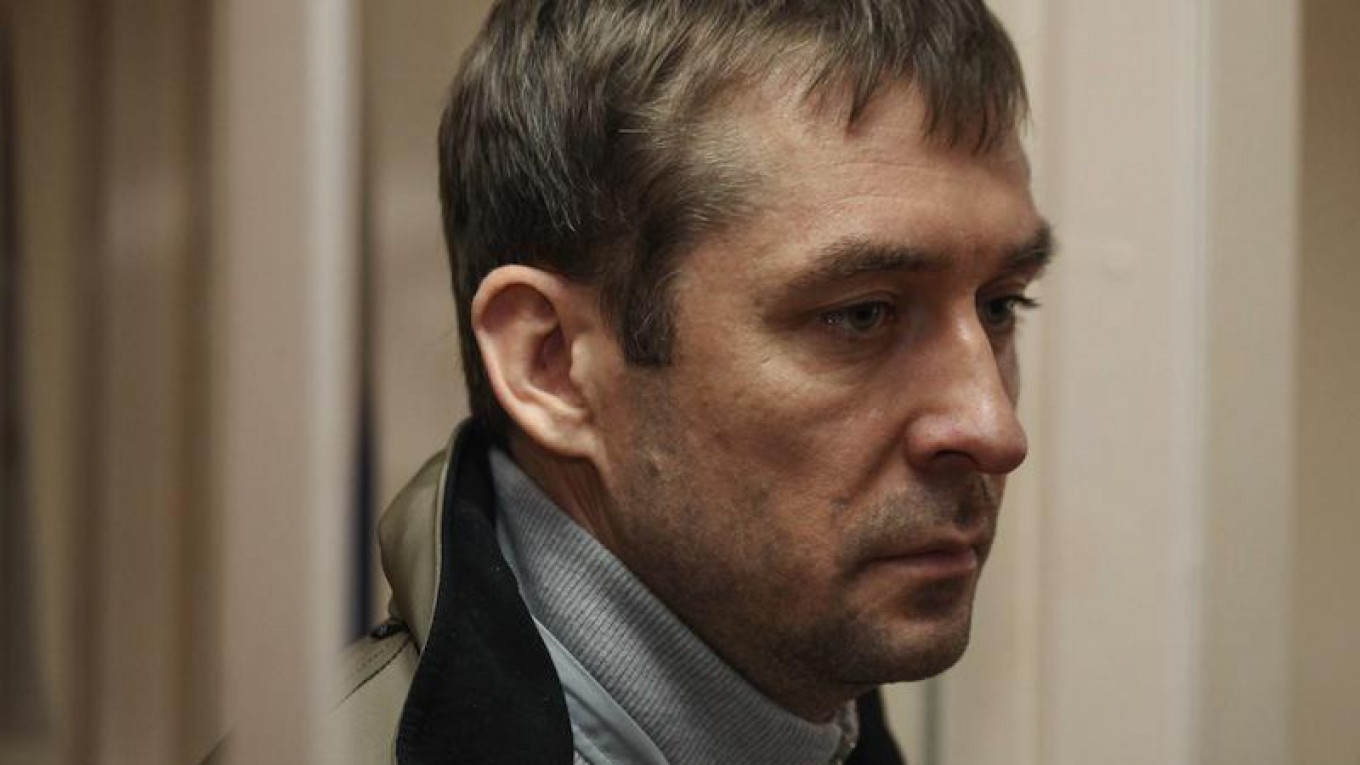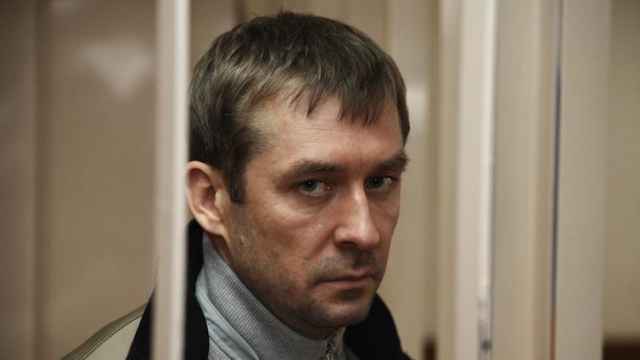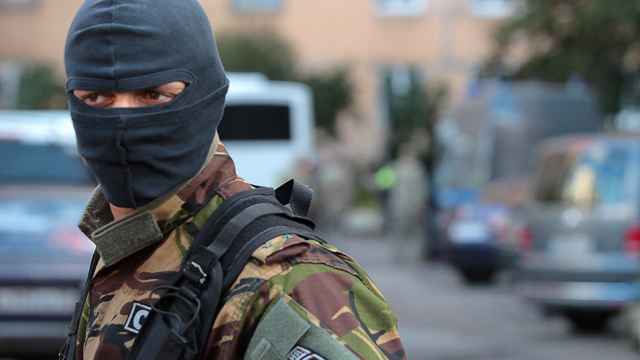Economists correctly describe Russia’s sociopolitical order as “market feudalism.” The market is at the core of its economy, and feudalism is at the core of its management and political systems. Knowing this, we shouldn’t be surprised when Russia’s feudal lords engage in their favorite activity: raiding each other’s fiefdoms.
Those with greater strength and more powerful patrons are able to expand their fiefdoms and attack others; their adversaries return the favor as soon as the balance of power shifts.
A new kind of war has emerged recently, however: the siloviki, the country’s omnipotent security establishment, have started attacking old lords and fighting among themselves.
The September 10 arrest of Dmitry Zakharchenko, the acting head of one of Russia’s anti-corruption agencies who was caught hiding $120 million in cash in his sister’s home and over $300 million in foreign bank accounts registered in his father’s name, is a perfect example of such an attack.
In this feudal war, it’s likely that Zakharchenko’s attackers didn’t care about the money, which will now end up in the state’s coffers. Rather, they were interested in the kind of business that is able to generate all that cash.
So, the question is: what kind of business were they feuding over?
There are only two businesses in Russia that involve moving such large amounts of hard cash: contraband importation and money laundering schemes designed to shelter profits (often as a means of tax evasion).
In all likelihood, Federal Security Service (FSB) operatives caught Zakharchenko while he was moving money for the importation of contraband. The contraband market in Russia is enormous. For example, there is a $10 million gap between Russia’s calculations of Chinese imports and China’s numbers on exports to Russia, and such a gap exists for imports from many other countries.
Contraband goods are brought into Russia labeled as something less expensive or exempt from tariffs, or are undeclared altogether in order to avoid paying heavy customs duties. In Russia they’re sold to small shops and even official distributors, where retail prices top 250 percent of the cost of importation.
Undeclared excess cash must be converted into dollars and sent back to the seller so that more of the product can be illegally imported. Those who convert the money take a cut of between 3 and 10 percent, meaning they earn as much as $1.25 billion per year.
In the Zakharchenko case, it seems as though the FSB, which has been trying to gain control over smuggling and capital exports, found out about the timing of a large transfer and attacked while the “caravan was in transit.”
The $300 million held in Swiss bank accounts, which may belong to those who are actually in charge of the smuggling business, raises a different set of questions, namely: how did Zakharchenko, someone with obvious political affiliations, manage to open accounts with banks that spend months investigating potential clients and refuse to work with those who have political ties?
We will probably never know who contacted the banks asking them to open the accounts, but we do know that it must have been an individual powerful enough to influence the banks’ economic interests and perhaps even the interests of the countries in which the accounts were opened.
As for Zakharchenko’s fiefdom? The state—the most powerful of all feudal lords—will take his cash as tribute. The takeover will thus be “legal” and the "business" will remain in operation.
Andrey Movchan is a senior associate and director of the Economic Policy Program at the Carnegie Moscow Center
This article originally appeared on Carnegie Moscow Center's Economic Policy blog.
A Message from The Moscow Times:
Dear readers,
We are facing unprecedented challenges. Russia's Prosecutor General's Office has designated The Moscow Times as an "undesirable" organization, criminalizing our work and putting our staff at risk of prosecution. This follows our earlier unjust labeling as a "foreign agent."
These actions are direct attempts to silence independent journalism in Russia. The authorities claim our work "discredits the decisions of the Russian leadership." We see things differently: we strive to provide accurate, unbiased reporting on Russia.
We, the journalists of The Moscow Times, refuse to be silenced. But to continue our work, we need your help.
Your support, no matter how small, makes a world of difference. If you can, please support us monthly starting from just $2. It's quick to set up, and every contribution makes a significant impact.
By supporting The Moscow Times, you're defending open, independent journalism in the face of repression. Thank you for standing with us.
Remind me later.








